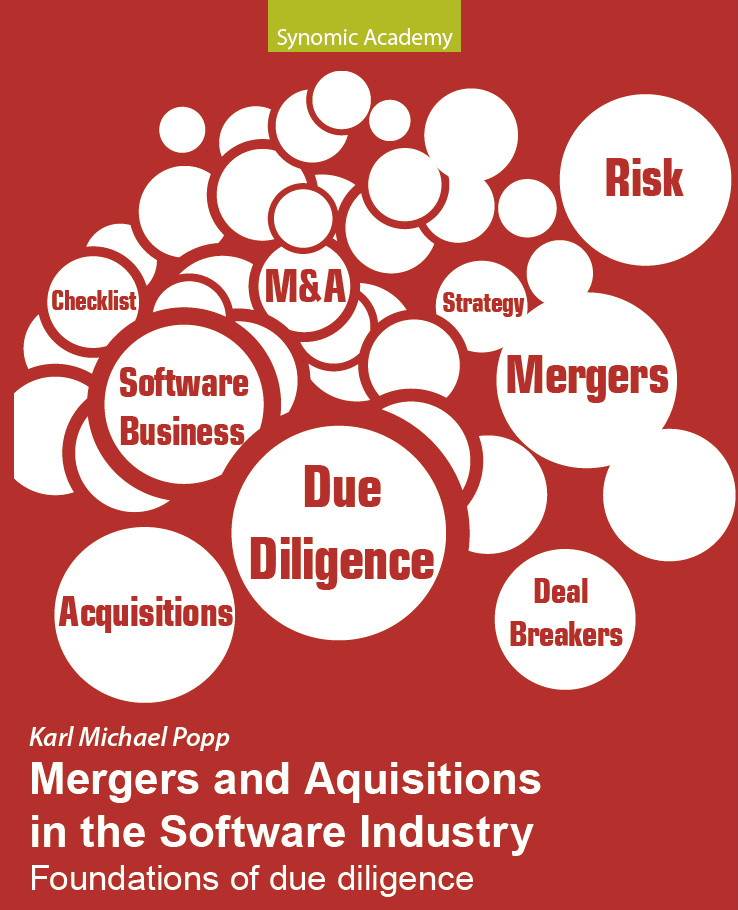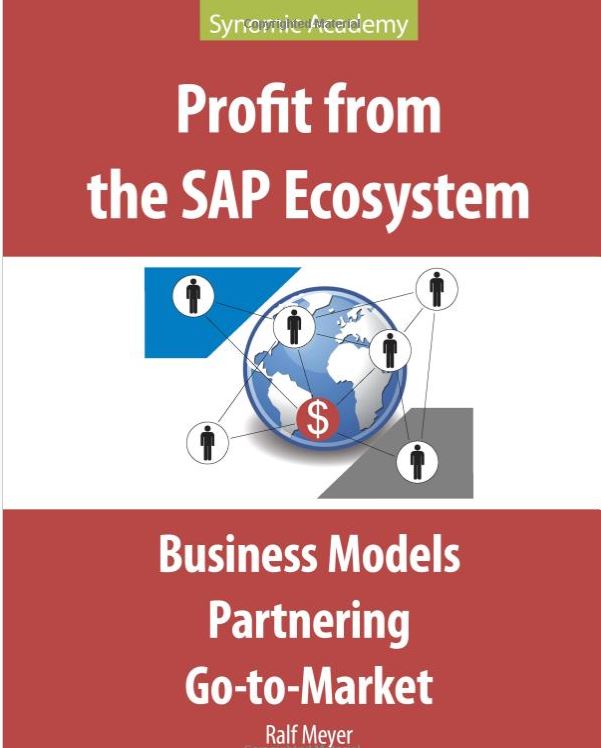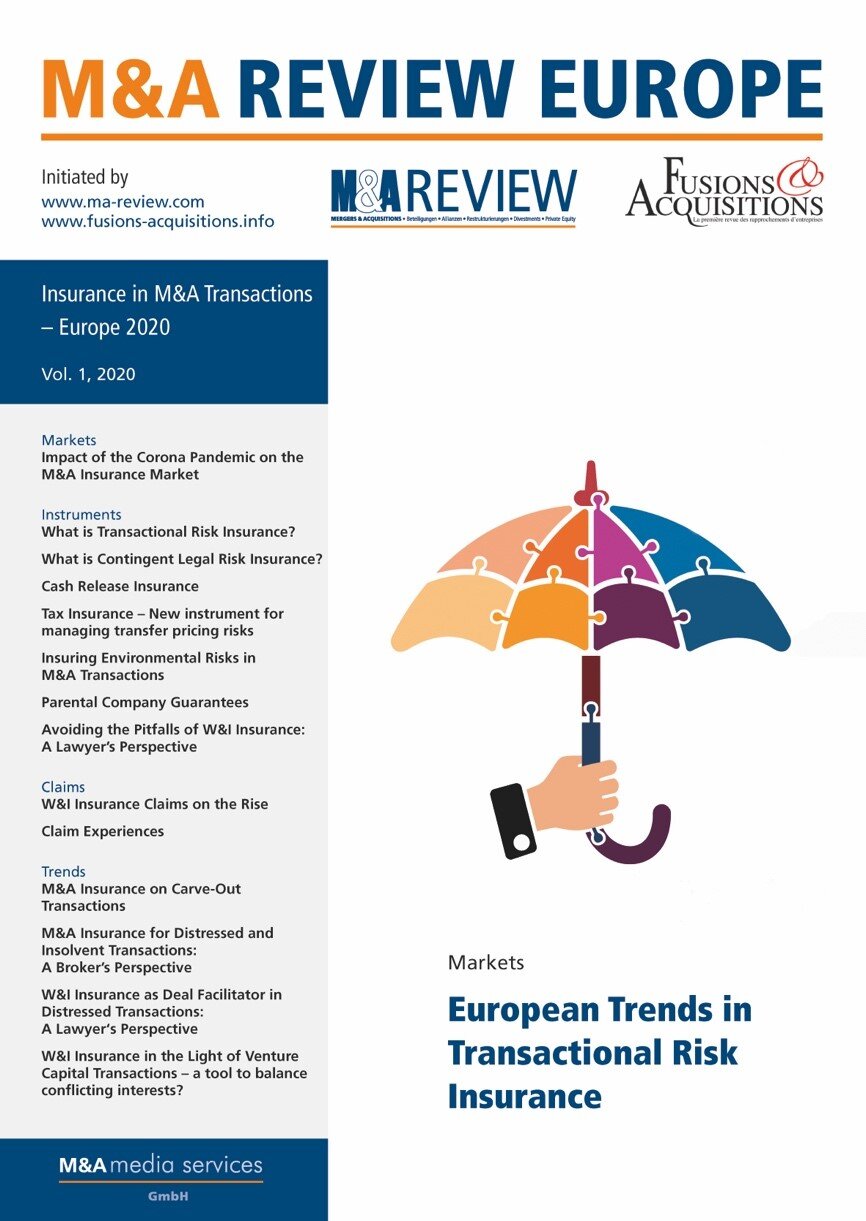When and how to use earnouts
Imagine this scenario: you've worked tirelessly to build your business from the ground up, putting in long hours, making smart decisions, and overcoming countless hurdles. Finally, the opportunity to exit comes knocking at your door, with a potential buyer offering a substantial sum for your hard-earned company. But how can you ensure that the deal reflects the true value of what you've created? This is where earnouts can play a crucial role.
In simple terms, an earnout is a financial arrangement included in the sale of a business. It allows the seller to receive additional payments based on predetermined performance goals over a specified period of time. Earnouts can serve as a win-win situation, providing both the buyer and the seller with a certain level of security.
One key scenario where earnouts are commonly used is when there is disagreement about the valuation of the business. Let's say that you believe your company has significant growth potential, but the buyer is more cautious and has reservations about the future performance. An earnout can bridge this gap by enabling you to receive a portion of the deal's value if certain targets are met post-acquisition.
Furthermore, earnouts can facilitate smoother transitions in cases where the buyer and the seller have differing management styles or visions for the business. By incentivizing the seller to stay involved and help drive growth, earnouts ensure a level of continuity and transfer of knowledge that might not otherwise be there.
However, it's important to approach earnouts with caution. They can introduce complexity and potential sources of conflict. To ensure a successful earnout, it's essential to establish clear, measurable goals and a transparent calculation methodology upfront. Clear communication between both parties is paramount to manage expectations and avoid any misinterpretations later on.
In conclusion, when and how to use earnouts depends on the context of the deal and the specific circumstances. Earnouts can provide an excellent tool for aligning interests, bridging valuation gaps, and enabling collaborative post-merger integration. However, careful planning, negotiation, and professional guidance are crucial to mitigate risks and maximize the chances of a successful earnout arrangement.
Remember, every business and every transaction is unique. Consult with professionals who specialize in mergers and acquisitions to determine if an earnout structure is the right fit for your business, and how to structure it in a way that maximizes benefits for all parties involved.









